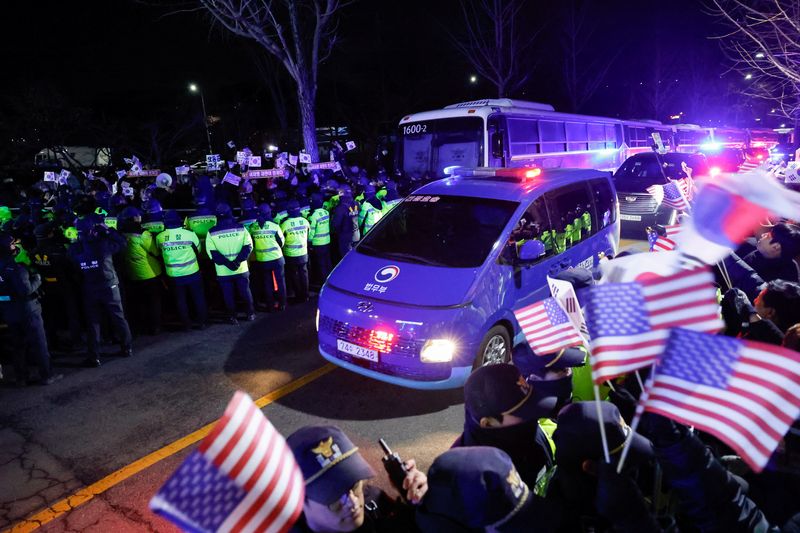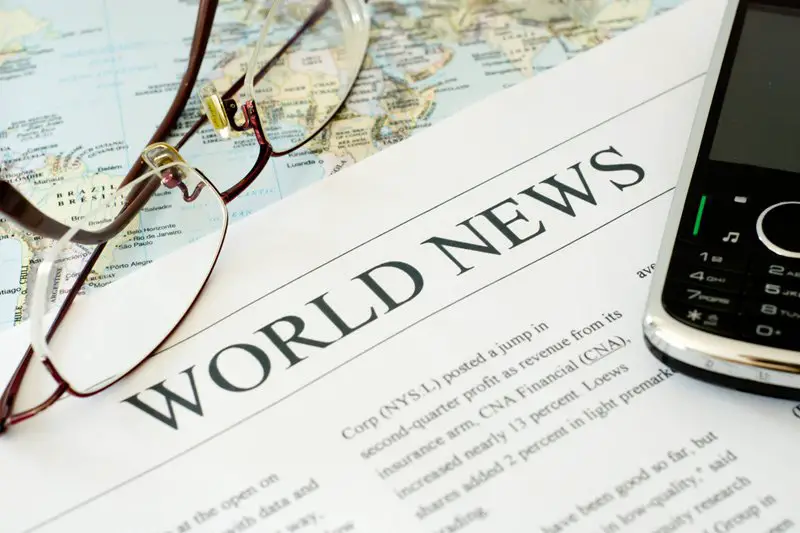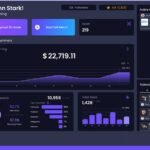By Joyce Lee and Ju-min Park
SEOUL (Reuters) – Hundreds of supporters of arrested South Korean President Yoon Suk Yeol stormed a courthouse, breaking windows and burglarizing interiors early on Sunday after his detention was extended, an attack the country’s incumbent leader described as “unimaginable.”
Yoon became the first sitting South Korean president to be arrested on Wednesday, facing allegations of insurrection related to his surprise, short-lived declaration of martial law on December 3 that plunged the country into political unrest.
Shortly after the court announced its decision at around 3 a.m. (6:00 p.m. GMT) on Sunday, Yoon’s supporters streamed into the building and overwhelmed riot police who tried to keep them at bay.
Footage showed protesters fired fire extinguishers at the lines of police guarding the main entrance and then streamed in, destroying office equipment, fixtures and furniture.
A few hours later, police restored order, saying they had arrested 46 protesters and promising to track down others involved.
“The government expresses deep regret over the illegal violence, which is unimaginable in a democratic society,” acting President Choi Sang-mok said in a statement, adding that authorities would strengthen security measures around gatherings.
Nine police officers were injured in the chaos, the Yonhap news agency reported. Police were not immediately available to comment on the injured officers.
About 40 people suffered minor injuries, an emergency responder near the Seoul Western District Court said.
Several of those involved live-streamed the break-in on YouTube, showing protesters vandalizing the court and chanting Yoon’s name. Some streamers have been caught by the police during their broadcasts.
Concern that Yoon might destroy evidence
Because Yoon refused to be questioned, investigators, facing a deadline for detaining the accused president, asked the court on Friday to extend his detention.
After a five-hour hearing on Saturday that Yoon attended, a judge issued a new arrest warrant that extended Yoon’s detention for up to 20 days because of “fears that the suspect might destroy evidence.”
South Korean regulations require that a suspect detained on an arrest warrant undergo a physical examination, take a mugshot and wear a prison uniform.
The leader is being held in a solitary cell in the Seoul detention center.
The Senior Officials Corruption Investigation Bureau, which is leading the investigation, said it called Yoon in for further questioning on Sunday afternoon, but the prosecutor-turned-president again failed to show up. The CIO said he would ask Yoon to come in for questioning on Monday.
His lawyers argued the arrest was unlawful because the arrest warrant was issued in the wrong jurisdiction and the investigative team had no mandate to investigate.
The insurrection, the crime for which Yoon may be charged, is one of the few crimes for which a South Korean president has no immunity and is technically punishable by death. However, South Korea has not executed anyone in almost 30 years.
Yoon said through his lawyers that he found the violent incident in court “shocking and unfortunate” and called on people to express their opinions peacefully.
“The President said … he would not give up and would right the wrong, even if it took time,” the lawyers said in a statement. Yoon said he understands that many feel “anger and injustice” and called on police to adopt a “tolerant attitude.”
Separate from the criminal investigation that sparked Sunday’s chaos, the Constitutional Court is deliberating whether to permanently remove him from office in line with the Dec. 14 impeachment or restore his powers as president.
POLITICAL PARTIES WEIGH IN
Yoon’s conservative People Power Party called the court’s decision to extend his detention on Sunday a “great shame.”
“The question arises as to whether the impact of the imprisonment of a sitting president has been adequately considered,” the party said in a statement.
The main opposition Democratic Party said the decision was a “cornerstone” for rebuilding order and that “unrest” by “far-right” groups would only deepen the national crisis.
Support for the PPP collapsed after his declaration of martial law, which he revoked hours later after Parliament unanimously rejected it.
But in the unrest since then – in which the opposition-majority parliament also indicted his first successor and investigators failed an initial attempt to arrest Yoon – support for the PPP has surged.

His party leads the opposition Democratic Party 39% to 36% for the first time since August, a Gallup Korea poll showed Friday.
Thousands gathered for an orderly rally in support of Yoon in downtown Seoul on Sunday morning. Anti-Yoon demonstrations have also taken place across the city in recent days.





